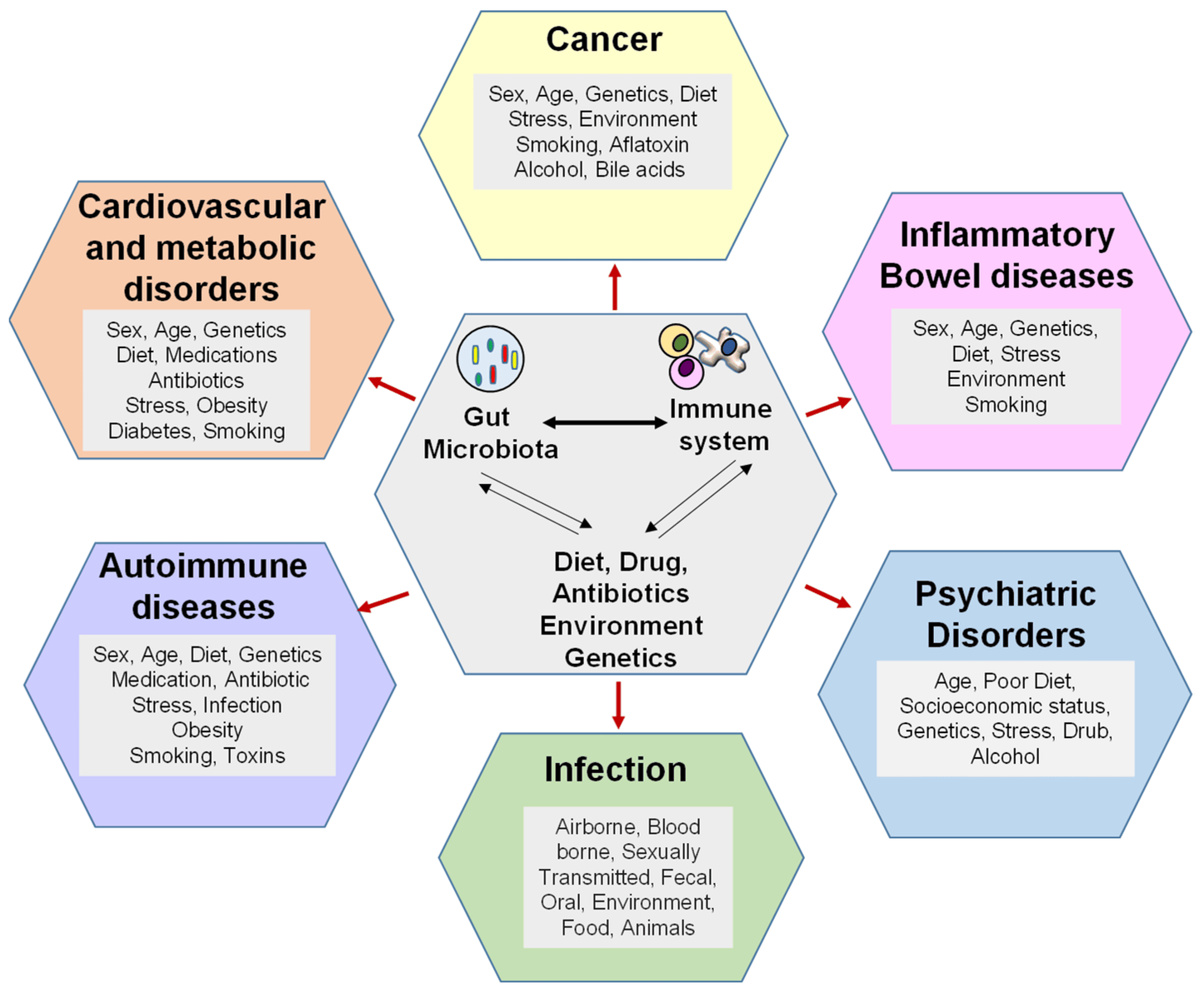
Introduction: The gut microbiome, a complex community of microorganisms residing in the gastrointestinal tract, plays a pivotal role in modulating the immune system. This intricate relationship between the gut microbiome and the immune system is a subject of intense research interest, as it holds profound implications for human health and disease. In this article, we delve into the dynamic interplay between the gut microbiome and the immune system, exploring how microbial communities influence immune function and vice versa.
The Immune System: Guardians of Health and Vitality: The immune system serves as the body's defense mechanism against pathogens, toxins, and other harmful invaders. It consists of various components, including innate immunity (the body's immediate, non-specific response to pathogens) and adaptive immunity (the body's specific immune response, characterized by the production of antibodies and memory cells). Proper immune function is essential for maintaining health and protecting against infections and diseases.
Dynamic Interactions Between Microbes and Immune Cells: The gut microbiome and the immune system engage in intricate crosstalk, with microbial communities influencing immune cell development, function, and activity, and immune cells shaping the composition and function of the gut microbiome. Commensal bacteria in the gut play a crucial role in educating and regulating the immune system, helping to distinguish between harmful pathogens and beneficial microbes.
Key Mechanisms of Microbiome-Immune Interactions:
- Immune Cell Activation: Commensal bacteria stimulate the development and activation of immune cells, including T cells, B cells, and dendritic cells, through interactions with pattern recognition receptors (PRRs) on immune cells.
- Tolerance Induction: The gut microbiome promotes immune tolerance, preventing inappropriate immune responses against harmless antigens and reducing the risk of autoimmune diseases.
- Anti-inflammatory Effects: Certain beneficial bacteria produce metabolites, such as short-chain fatty acids (SCFAs), that have anti-inflammatory effects and help maintain immune homeostasis.
- Barrier Function: The gut microbiome contributes to the maintenance of the intestinal barrier, preventing the translocation of harmful bacteria and toxins into the bloodstream and reducing the risk of systemic inflammation.
Implications for Health and Disease: Disruptions in the balance of the gut microbiome, known as dysbiosis, have been linked to various immune-mediated conditions, including inflammatory bowel diseases (IBD), allergies, asthma, autoimmune disorders, and metabolic syndrome. Understanding the interplay between the gut microbiome and the immune system holds promise for developing novel therapeutic interventions, such as probiotics, prebiotics, dietary modifications, and fecal microbiota transplantation, to modulate immune function and promote health.
Conclusion: The dynamic link between the gut microbiome and the immune system underscores the importance of maintaining a healthy microbial balance for optimal immune function and overall well-being. Continued research into the mechanisms of microbiome-immune interactions holds the potential to revolutionize our approach to preventing and treating immune-related disorders, paving the way for personalized interventions to promote gut health and immune resilience.




